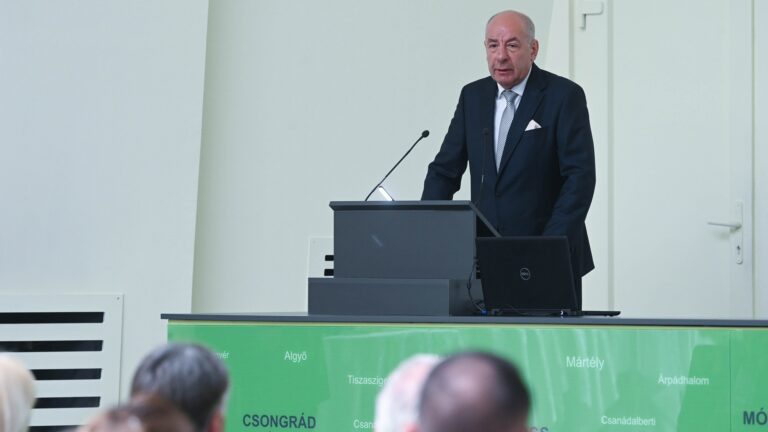More than two-thirds of Hungarians (70 per cent) feel hopeful about the upcoming year, anticipating positive changes across various aspects of their lives, according to a recent survey conducted by the Kopp Mária Institute for Demography and Families (KINCS). The representative study highlights that families with young children, large households, and youth are among the most optimistic demographics, with many expressing confidence in economic and social improvements.
The survey indicates that 55 per cent of respondents expect 2025 to be a good year, while an additional 15 per cent foresee it as exceptionally positive. Families with young children (83 per cent), large households (82 per cent), and youth (77 per cent) lead in optimism, surpassing the 66 per cent positivity rate among childless individuals.
The findings reveal that optimism extends to expectations of an end to the ongoing war, with one in four Hungarians hoping for progress towards peace. Younger respondents, retirees, rural residents, and families with children display the most optimism on this issue.
Opinions are divided on the economy and living standards: approximately one-third of Hungarians expect improvement, while another third anticipate stagnation, and a similar proportion predict decline. However, optimism outweighs pessimism when it comes to personal well-being, financial stability, family relationships, housing conditions, and overall happiness.
The most hopeful groups include 18–29-year-olds, large families, and parents of young children. Nearly a quarter of respondents believe their living conditions will improve in 2025, with 20 per cent expecting better family relationships and 25 per cent optimistic about housing circumstances.
Government initiatives set to take effect in 2025 also contribute to the positive outlook. The Hungarian government’s 21-point economic protection plan aims to bolster economic stability, support families, and enhance living standards. Key measures include the guarantee of the 13th-month pension, the doubling of family tax benefits, expanded worker loan programmes, and new housing support schemes.
These initiatives are expected to strengthen financial security and boost overall satisfaction, further fuelling societal optimism. As the report underscores, families, especially those with children, remain central to Hungary’s hopeful vision for the future.
The survey’s results suggest that Hungarians are ready to embrace 2025 with confidence, bolstered by both personal resilience and structural support aimed at improving quality of life across generations.
Related articles:








